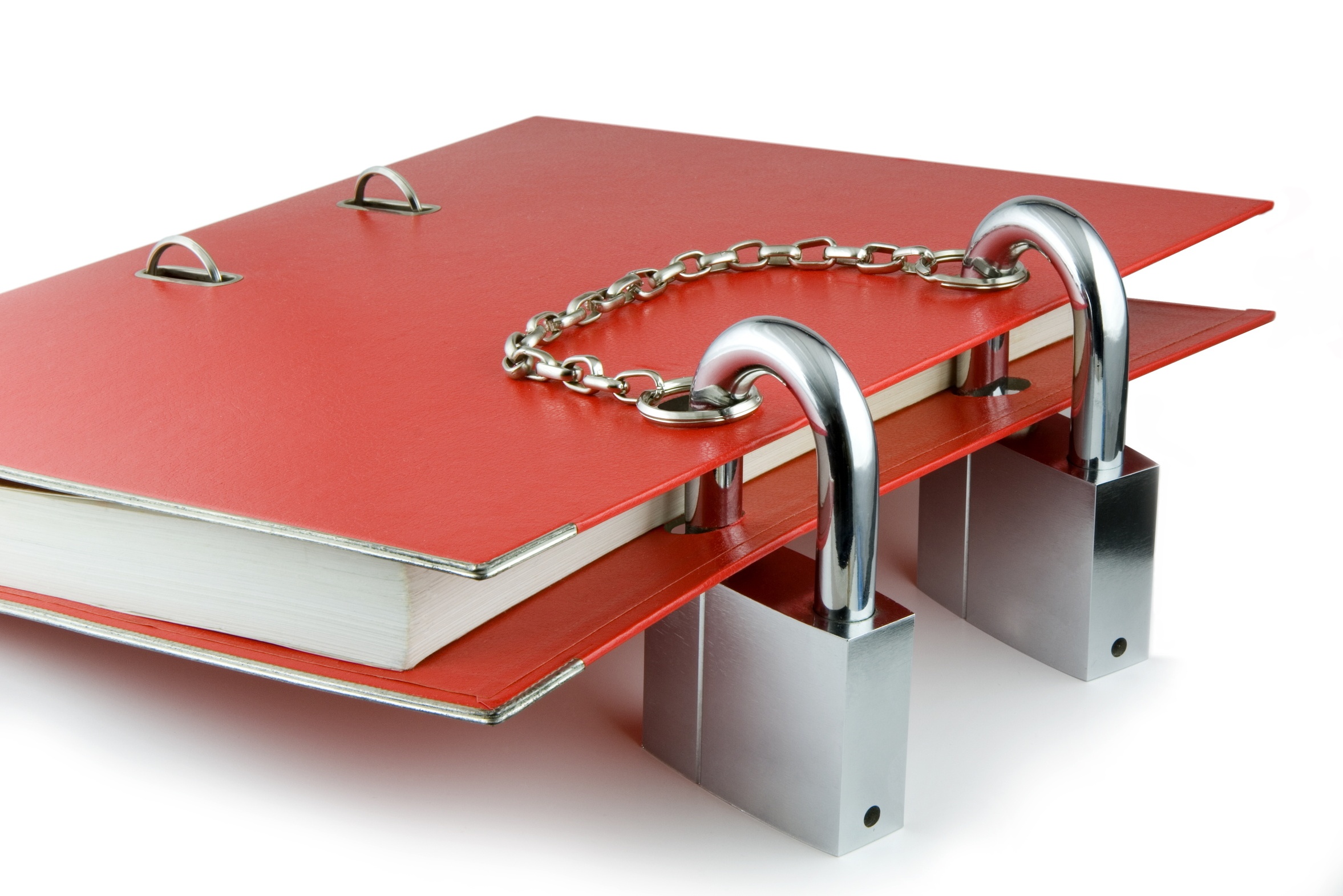Almost one-fifth of UK theft leads to data loss
Nearly a fifth of stolen mobile and computing devices contain important data, police numbers show

Almost one-fifth of all theft in Britain results in the loss of sensitive data, according to information gleaned from the UK's police forces.
More than 164,192 pieces of computing and communications equipment were stolen across the UK between March 2013 and February 2014, according to a figures obtained by network security vendor ViaSat.
All 46 police forces in the UK were contacted with a Freedom of Information request by the firm. Of the 41 forces that responded, 35 gave full enough information to provide a precise analysis of the data.
Desktop computers, laptops, tablets, smartphones and USB drives ranked among the most likely items to be stolen in the country last year, with 14 per cent of those thefts being reported by companies.
Chris McIntosh, CEO at ViaSat UK, said: "If less than 1 per cent of the devices stolen in burglaries or personal thefts contained any sensitive information that is still a huge amount in the wrong hands."
Theft from members of the public, whether burglary or mugging, gave much higher results with 28 per cent of all burglaries and 66 per cent of all muggings resulting in the theft of a mobile or computing device.
"It's clear the need to protect personal information must be understood by everyone, from heads of security to housewives and husbands," said McIntosh.
Get the ITPro daily newsletter
Sign up today and you will receive a free copy of our Future Focus 2025 report - the leading guidance on AI, cybersecurity and other IT challenges as per 700+ senior executives
Bob Tarzey, analyst and director at Quocirca, told IT Pro that when devices are stolen at random, the chances of present data being useful to a thief are low. Usually the data that is present is limited to information about the original owner.
"If the device is an unprotected work device then regardless of the usefulness of the data to the thief, there is still the possibility of a compliance issue with certain data types," he added.
-
 Enterprises face delicate balancing act with data center sustainability goals
Enterprises face delicate balancing act with data center sustainability goalsNews High energy consumption, raw material requirements, and physical space constraints are holding back data center sustainability efforts, according to new research from Seagate.
By Emma Woollacott
-
 Cleo attack victim list grows as Hertz confirms customer data stolen
Cleo attack victim list grows as Hertz confirms customer data stolenNews Hertz has confirmed it suffered a data breach as a result of the Cleo zero-day vulnerability in late 2024, with the car rental giant warning that customer data was stolen.
By Ross Kelly
-
 Capita tells pension provider to 'assume' nearly 500,000 customers' data stolen
Capita tells pension provider to 'assume' nearly 500,000 customers' data stolenCapita told the pension provider to “work on the assumption” that data had been stolen
By Ross Kelly
-
 UK police fails ethical tests with "unlawful" facial recognition deployments
UK police fails ethical tests with "unlawful" facial recognition deploymentsNews A University of Cambridge team audited UK police use of the tech and found frequent ethical and legal shortcomings
By Rory Bathgate
-
 Gumtree site code made personal data of users and sellers publicly accessible
Gumtree site code made personal data of users and sellers publicly accessibleNews Anyone could scan the website's HTML code to reveal personal information belonging to users of the popular second-hand classified adverts website
By Connor Jones
-
 Pizza chain exposed 100,000 employees' Social Security numbers
Pizza chain exposed 100,000 employees' Social Security numbersNews Former and current staff at California Pizza Kitchen potentially burned by hackers
By Danny Bradbury
-
 83% of critical infrastructure companies have experienced breaches in the last three years
83% of critical infrastructure companies have experienced breaches in the last three yearsNews Survey finds security practices are weak if not non-existent in critical firms
By Rene Millman
-
 Identity Automation launches credential breach monitoring service
Identity Automation launches credential breach monitoring serviceNews New monitoring solution adds to the firm’s flagship RapidIdentity platform
By Praharsha Anand
-
 Neiman Marcus data breach hits 4.6 million customers
Neiman Marcus data breach hits 4.6 million customersNews The breach took place last year, but details have only now come to light
By Rene Millman
-
 Indiana notifies 750,000 after COVID-19 tracing data accessed
Indiana notifies 750,000 after COVID-19 tracing data accessedNews The state is following up to ensure no information was transferred to bad actors
By Rene Millman